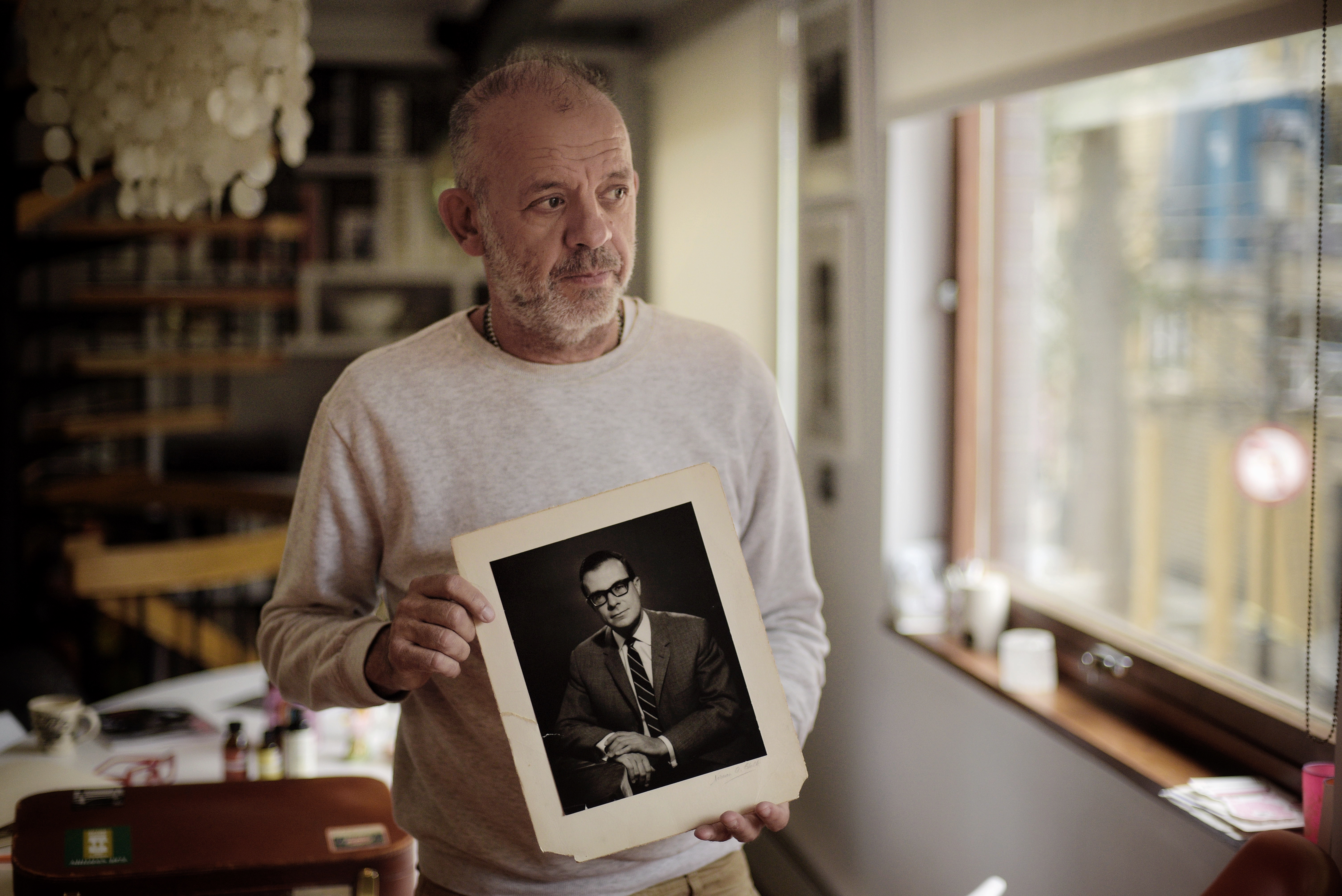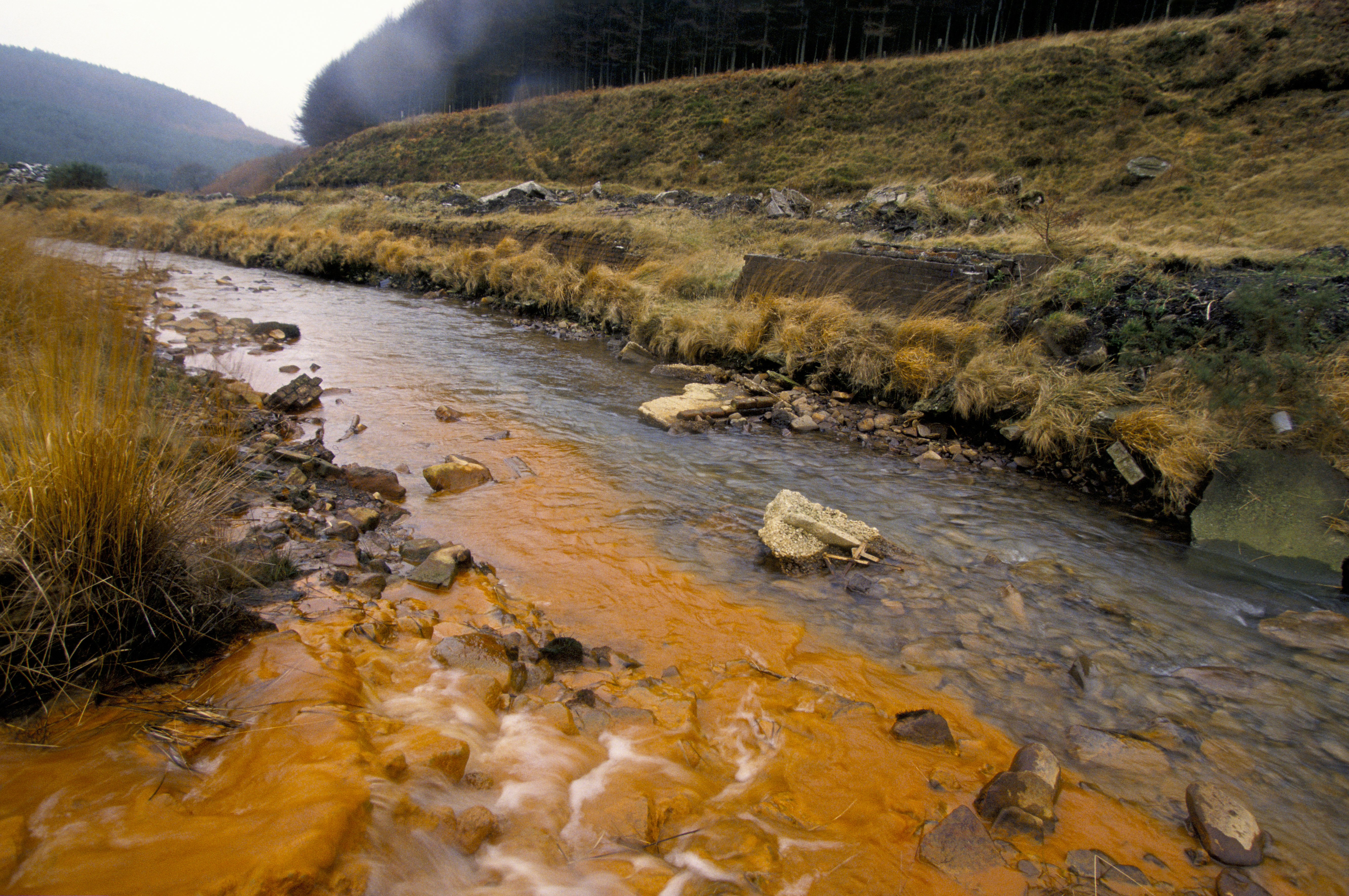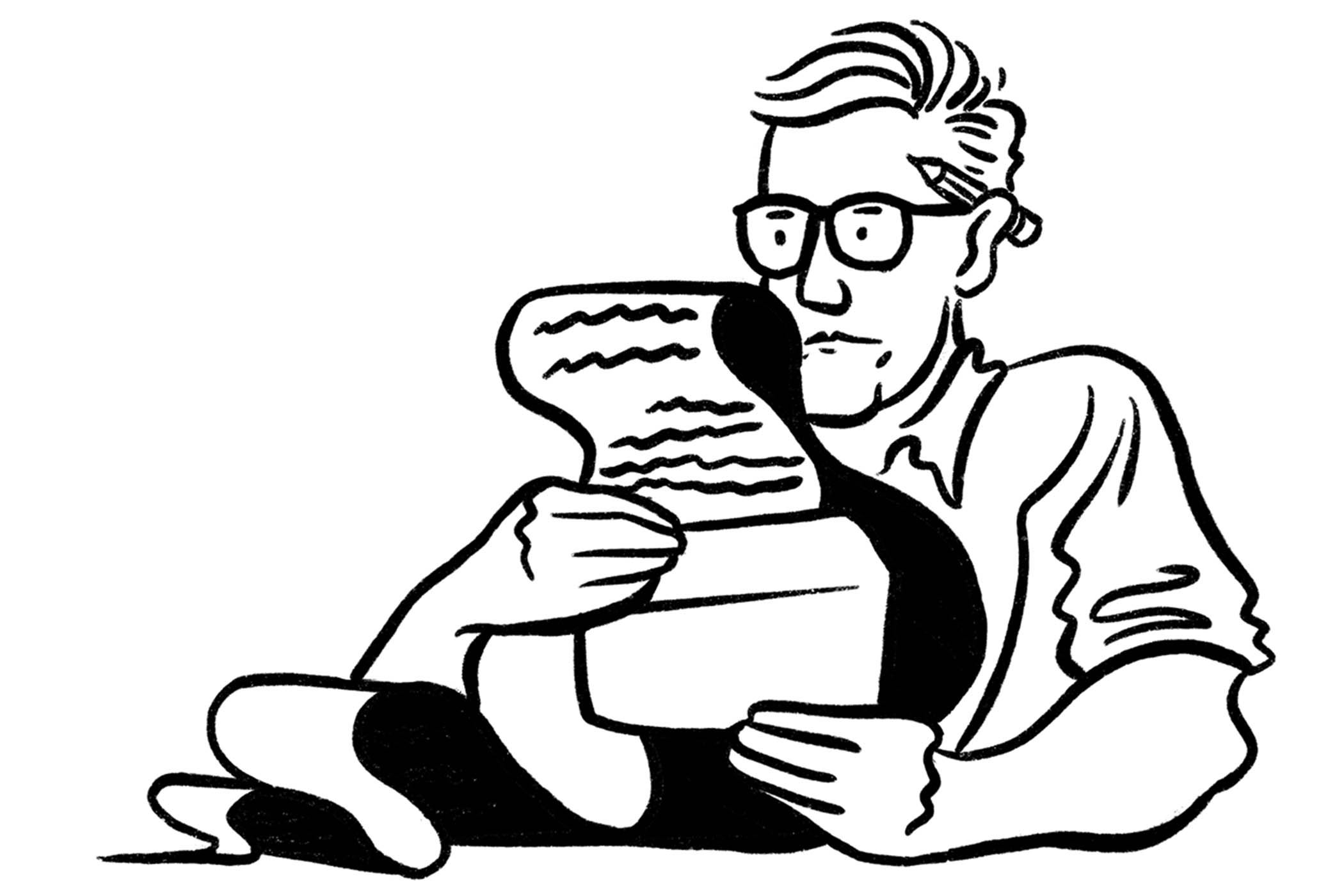Here’s a scary story, just in time for Halloween. Untold: Toxic Legacy is about ghosts – loads of them – everywhere and nowhere, hiding from the light.
It’s not really a ghost story; the toxic legacy of the title is lead. In this devastating three-part series, the excellent reporter Laura Hughes uncovers how lead is not only poisoning British land, but also poisoning us. Yet, since there’s no government acknowledgment of this epidemic, it is as though the lead is a ghost – one so frightening that crops won’t grow, animals die and, eventually, people start dying too.
We begin with a single family in west Wales in the 1990s. Their horses drop dead, their pigs get sick. Worst of all, a child’s gums turn green – she’d been drinking from the local river. Gradually, Hughes expands the tale. We learn that the disused iron mine that caused this poisoning is far from the only one.
Hughes finds many of those who live in affected areas don’t want to hear such horrifying news, while those who do rely on the help of unofficial experts – professors, researchers, volunteers. She joins locals in a village hall as they bring in soil samples to be tested there and then. Many of their houses had flooded when the river overflowed recently. And yes, their gardens are drenched in lead.
It’s clearly a crisis but, as one farmer points out, why would you have your land tested if it becomes instantly worthless when lead is found? The government doesn’t compensate farmers for unusable land, so they don’t get it tested, carry on farming, and the lead, now inside the animals, is transferred to our supermarkets, and thus, our plates.
We’re all at risk of contamination. And not just through food. The installation of lead pipes wasn’t banned until 1970, and lead paint until 1992. There are, says Hughes, about five million properties in England that still have lead pipes. We hear from Sophie, who lives in a modern estate. Her baby keeps getting sick. The child’s lead levels are off the scale, but the local GP and Public Health England don’t do anything. “They didn’t offer any solutions or any help,” Sophie says. Eventually, she finds the lead is in the kitchen tap. The ghosts are everywhere and nobody cares. Brrr.
Crying Wolf is another chilling story, this time from America. In 1989, the murder of Dana Feitler shocked the upscale community of the Gold Coast district in Chicago. Police had little to go on (there was no CCTV then) and relied on street intelligence. Lee Harris, a petty criminal and police informer, was up for talking, especially as Feitler’s family offered a reward. The police coached him on what to say, putting ideas in his head. Somehow, during the process, Harris became the suspect. He was convicted and sentenced to 90 years in jail in 1992.
We get to know Harris through a few sources, especially his former cellmate Robert who, when he’s released, works hard to have Harris’s case re-examined. And we also get to know Richard Zuley, the officer who talked Harris into informing. After leaving the police force, Zuley transferred to Guantánamo Bay, where he became known for using brutal tactics to coerce inmates into giving confessions. He has since been the subject of investigations into the use of torture.
Related articles:
Harris’s story is completely compelling and host Dax-Devlon Ross keeps things barrelling along. This is a fine investigation.

Antony Easton holding a photograph of his father Peter
In the BBC’s The House at Number 48, journalist Charlie Northcott joins retired advertising executive Antony Easton as the latter traces his late father’s history. Easton knew his dad as Peter, a secretive, gruff man who kept a brown leather suitcase close by at all times. But following his death, and after going through the suitcase, Easton comes to realise his father was someone else, someone he knew nothing about: Peter Hans Rudolf Eisner, a German whose background was very different from the modest suburban lifestyle he adopted in the UK.
Newsletters
Choose the newsletters you want to receive
View more
For information about how The Observer protects your data, read our Privacy Policy
Bit by bit, we learn that the Eisners were hugely successful Jewish entrepreneurs and industrialists; that they lived in a beautiful mansion in Berlin; that they fled the Nazis and were the only ones in their enormous family to get to England. What happened to their riches? Were they swindled out of them? Who has them now and who should have them? A gripping, very human mystery, intriguing on every level.
Photographs by Corbis/Getty Images/BBC



